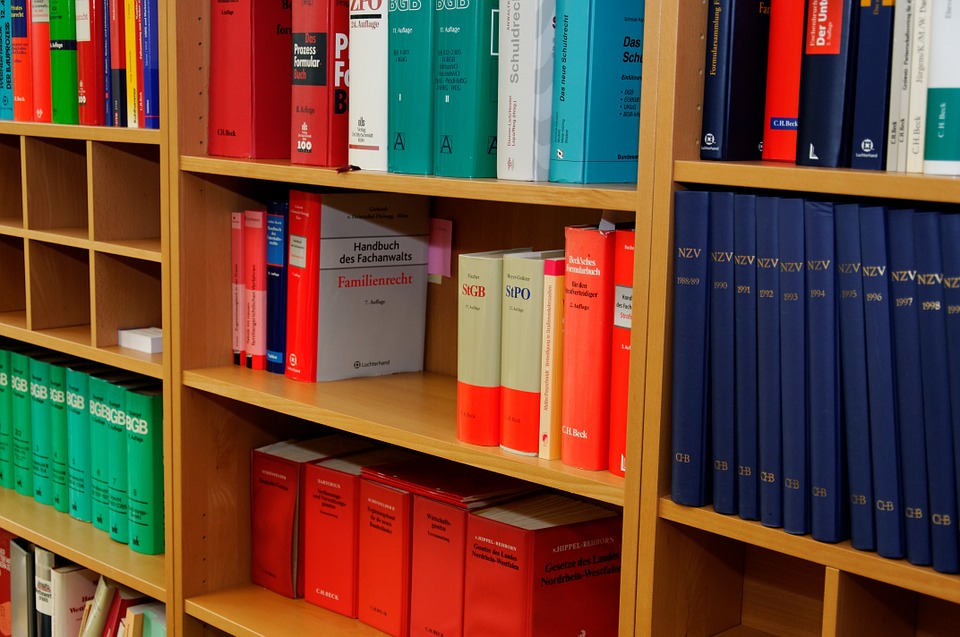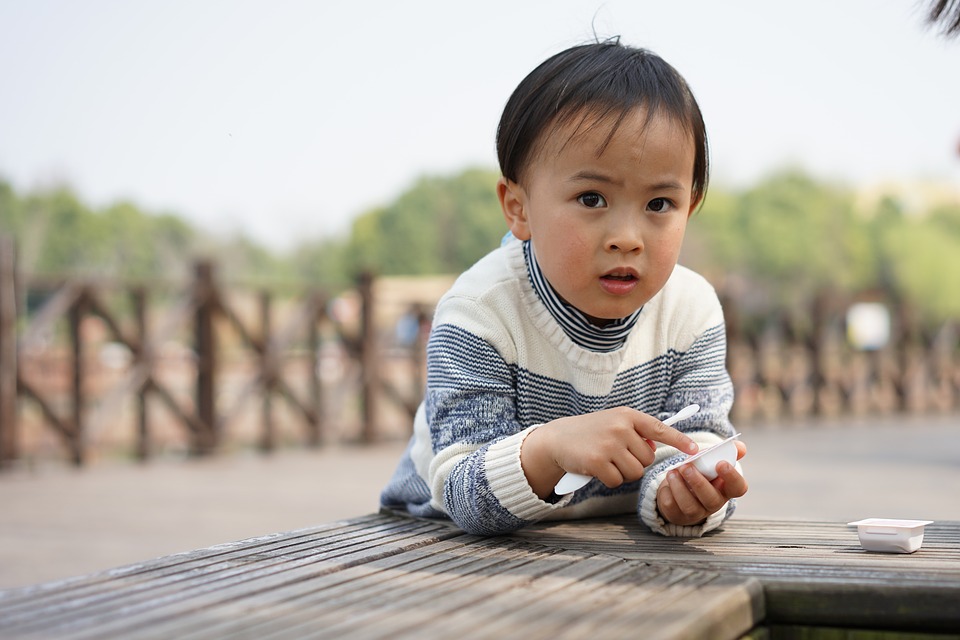Browse this website for more information on child custody as well as legitimisation of a child in Thailand. Below you will find the definitions of the rights of the parents as well as children. There is also the important issue of a marriage very soon after a divorce.
If you are going to get married to a divorced woman within 310 of the divorce and she is pregnant under Thai law they will give parental rights to your fiancée only however they might place her ex-husbands name on the birth certificate. Thai law would under the Civil and Commercial Code would give the mother sole custody of the child. This is the reason why you have to have a doctor’s certificate to show that your fiancée is not pregnant when you register your marriage in Thailand within the 310 days. If it is your child then you would have to legitimize the child. You can find on this on this website.
Parental control will rest with the father if the couple are legally married. This will last until the child becomes an adult. This is 20 years of age in Thailand or when the child gets married at let’s say 17. You can see the requirements for marriage in Thailand on this website and the youngest age is 17. Once he or she gets married at the earliest possible legal age then the parental control falls away. Until such time the parents have obligations and rights to the child.
Parental Rights:
Much like other children your parents will determine where you live. This would normally be seen as a primary right of the parent until the child turns 20 or gets married before then. The rights are and responsibilities are that the parent ensures that disciple is enforced and to protect them from unlawful detainment by others. The parents are also responsible for all property in the name of the child as well as any benefits which are due to the child. This has to be done in a reasonable and responsible manner. Note that step-parents do not have parental control unless they adopted the child.
Children’s Rights:
These are much the same as has been set out by the UN Charter. Note that the child cannot sue the parents unless the public prosecutor initiates such proceedings. The basic rights are that the child has a right to a surname of the parents, father or other family member. The child has a right to shelter, food and protection from his or her parents. Children cannot transfer their right to support and maintenance after a divorce.
These are the basics for parental and children’s rights in Thailand. If you have married a Thai woman who already has children then parental power will be with the mother unless you adopt the child. Adoption in Thailand amongst the locals are not very common, however there are many instances where an aunt or uncle will look after and raise the child of a deceased or otherwise incapacitated family member. This is very common in the rural sectors of Thailand.
Search this website for more information or contact a law firm in Thailand for sound legal advice.
 Divorce
Divorce

